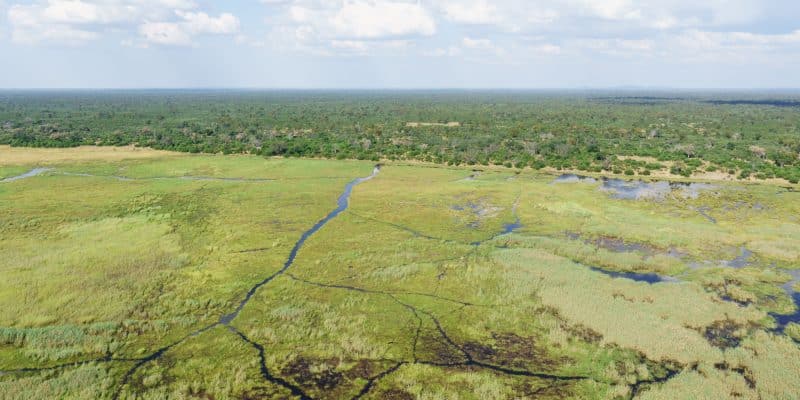Mozambican President Filipe Jacinto Nyusi and the Wildlife Conservation Society (WCS) want to strengthen conservation efforts in the Miombo forests. The two parties discussed the issue at a high-level event hosted by the Mozambican president on February 14, 2024 at Maputo National Park. The conservation and restoration of the Miombo is now considered a priority.
The conservation and restoration of the Miombo forests are now considered a priority. Located in Central and Southern Africa and covering 1.9 million km2 across ten countries (Angola, Botswana, Burundi, Democratic Republic of Congo, Malawi, Mozambique, Namibia, Tanzania, Zambia and Zimbabwe), the Miombo savannah woodland is experiencing a rapid decline in area.
Over the past 15 years, Miombo’s forests have declined significantly, from 2.7 million km2 to 1.9 million km2, due to unsustainable management and use. Faced with this situation, Mozambican President Filipe Jacinto Nyusi and the Wildlife Conservation Society (WCS) met on February 14 at Maputo National Park to strengthen conservation efforts in Africa’s largest dry tropical forest formation.
Among the topics discussed was a possible collaboration between WCS and the Mozambique government, most recently within the framework of the Miombo Forest Initiative in partnership with the International Conservation Caucus Foundation (ICCF) and Rainforest Trust.
Read also-DRC: WCS finally gets management of Kahuzi-Biega National Park
Launched in 2022, the Miombo Forest Initiative aims to ensure that Miombo’s forests continue to contribute to local and global efforts on climate change and biodiversity conservation, as well as to local and national economies, and to the sustainable development of Miombo countries and beyond. In this vein, Mozambique has committed to restoring 1 million hectares of deforested and degraded landscapes by 2030.
Boris Ngounou





